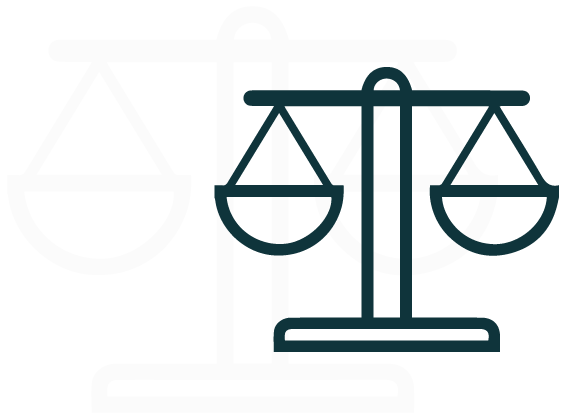This website uses cookies to ensure you get the best experience on our website.
- Table of Contents
Facts about Proline-rich transmembrane protein 2.
In the cerebellum, may inhibit SNARE complex formation and downregulate short-term facilitation (PubMed:29056747). .
| Mouse | |
|---|---|
| Gene Name: | Prrt2 |
| Uniprot: | E9PUL5 |
| Entrez: | 69017 |

| Belongs to: |
|---|
| CD225/Dispanin family |

DKFZp547J199; FLJ25513; IFITMD1; interferon induced transmembrane protein domain containing 1; proline-rich transmembrane protein 2
Mass (kDA):
35.924 kDA

| Mouse | |
|---|---|
| Location: | 7|7 F3 |
| Sequence: | 7; |
Neuron-specific expression throughout the brain, with the highest levels in the cerebellum, basal ganglia, hippocampus, substantia nigra, and neocortex (at protein level) (PubMed:22101681, PubMed:22243967, PubMed:22832103, PubMed:22632720, PubMed:25915028, PubMed:27052163, PubMed:27172900, PubMed:28007585, PubMed:29056747). Highly expressed also in spinal cord (at protein level) (PubMed:22101681, PubMed:22832103). Detected at very low levels in the heart, lung, kidney and skin (PubMed:22101681).



PMID: 22101681 by Chen W.J., et al. Exome sequencing identifies truncating mutations in PRRT2 that cause paroxysmal kinesigenic dyskinesia.
PMID: 22243967 by Heron S.E., et al. PRRT2 mutations cause benign familial infantile epilepsy and infantile convulsions with choreoathetosis syndrome.